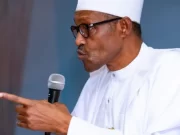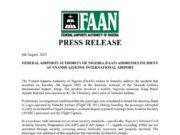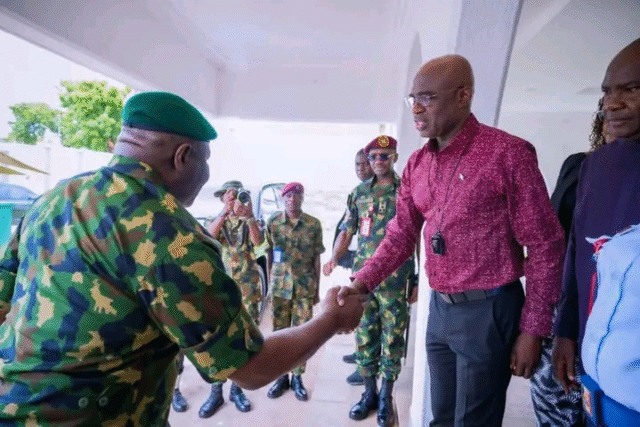The recent visit of the Chief of Army Staff, Lieutenant General Olufemi Oluyede, to Benue State, while symbolically significant, reflects a far more troubling undercurrent — the widening gulf between military optics and actual protection for Nigerian citizens facing unrelenting violence.

Welcoming the Army Chief, Governor Hyacinth Alia did not mince words: communities across Benue are ravaged, homes are deserted, farmlands lie fallow, and families are being butchered by armed herders, militias, and criminal gangs. The situation, he noted, has reached a tipping point.
Despite this, the visit — cloaked in familiar phrases like “assessing the situation,” “deploying more troops,” and “strategic engagement” — feels eerily reminiscent of past military tours that yielded little more than headlines. For many observers, such gestures have become symbolic exercises, offering comforting optics but no sustainable security outcomes.
🛑 Performative Security and Public Distrust
While General Oluyede’s presence is being framed as proactive, the Nigerian public has grown weary of theatrics without results. Similar high-level visits in Zamfara, Plateau, Kaduna, and other conflict-ridden zones have ended with no meaningful improvement in security, prompting urgent questions about the Nigerian military’s operational capacity — or lack thereof.
Allegations of compromise, collusion, and inefficiency continue to shadow the armed forces, raising doubt about their willingness — or ability — to combat well-organized and heavily armed non-state actors.
⚠️ A Deeper Political Paralysis
Beneath these military failures lies a larger political paralysis. President Bola Ahmed Tinubu’s unwillingness to shake up the military hierarchy — despite its track record of repeated failures — suggests a strategic reluctance driven more by political preservation than national interest.
Haunted by Nigeria’s long history of military coups, the presidency’s measured stance toward the security establishment has resulted in a fragile equilibrium: one where ineffective generals are left in place, while communities bleed.
This dynamic — a security architecture unwilling to evolve and a presidency unwilling to reform — breeds impunity, emboldens attackers, and keeps vulnerable citizens trapped in a loop of violence, trauma, and abandonment.
🗣️ The People’s Patience is Worn
Governor Alia’s call for peace and cooperation with security agencies, though admirable, echoes a growing pattern of pleas that are falling on tired ears. The Nigerian public, especially those in hard-hit regions like Benue, has been subjected to repeated cycles of hope and betrayal, with little to show in terms of safety or justice.
🛡️ Time for Radical Security Reforms
What Nigeria faces is not just a regional crisis, but a national emergency — one that will not be resolved through token visits, vague promises, or superficial troop movements. The time has come for bold, fearless reforms. The security apparatus must be restructured, non-performing leaders held accountable, and the monopoly of violence reclaimed by the state, not surrendered to rogue actors.
Until the Nigerian government musters the political will to bell the cat — even if it means rattling the generals — the theatre of bloodshed will persist, and with it, the slow erosion of public trust in both military and civilian leadership.
📰 For more in-depth reports, follow All Times Global Magazine – where the truth meets courage.


























